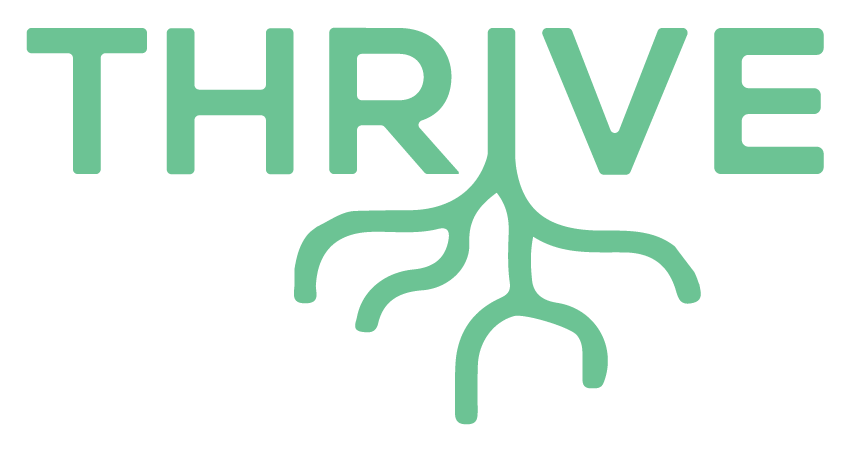Most People Struggle with Active Listening, Take Action Now.
Active Listening
Active listening is a building block towards critical thinking. The ability to hear and consider multiple opinions and see things from different angles is like oxygen to critical thinking. If your decision-making feels suffocated, set up a brainstorming session or bring in some colleagues to discuss the merits or pitfalls of various options open to you. Make a plan to improve this skill, it will serve you well.
Active listening helps you to avoid conflict and misunderstandings. It can positively impact your productivity and relationships. It's important for people to feel heard when they speak, and active listening ensures that this happens. Active listening is both listening and responding. This verse in James describes this ability:
Understand this, my beloved brothers and sisters. Let everyone be quick to hear [be a careful, thoughtful listener], slow to speak [a speaker of carefully chosen words and], slow to anger [patient, reflective, forgiving];
James 1:19 AMP
The ability to listen sets a leader apart. The wisdom and insight that you need are sometimes found in the opinion of another person. That person may be higher or lower than you on the office chain of command, but a wise person can hear a great idea or opinion wherever it comes from. Sometimes pride or self-importance can give us a hearing issue. (On a side note – if a great idea comes from a subordinate, operate with integrity, give them credit for their insight, and recognize them for their contribution.)
Good listeners know how to pay attention. Have you ever considered your “attention” operates like a muscle? It can be trained and strengthened? The battle for our attention has become intense, leading many of us to become more adept at working in distracted environments. Our phones are constantly pushing notifications to us, our watches tell us when to stand up, breathe and move around and that’s before we even start interacting with other humans. Our attention has become the economy of social media and as a result, we have developed shorter and shorter attention spans. This does mean we must become more intentional about how we hear. How can we improve in this area?
The skill of active listening is not limited to just listening. It also incorporates the elements of feedback and communication. This demonstrates that the listening was successful. How do you respond after listening?
Strategies to improve your Active Listening
- Remove distractions. Silence and turn your phone to do not disturb. Perhaps even put it away for a meeting.
- Take mental notes when someone is talking, Try repeating their words mentally in your mind as they speak. It will keep you engaged with what they are saying.
- Try to respond to a speaker in a way that encourages them to continue speaking. Many of us respond with an answer or start sharing our own opinions.
- Ask a follow-up question, or ask for clarity when you need more explanation. Questions that start with why and how often lead to a deeper conversation
- Defer judgement. Try your best not to interrupt. Interruptions frustrate the speaker and can short-circuit the purpose of the conversation.
YOU MAY ALSO LIKE

